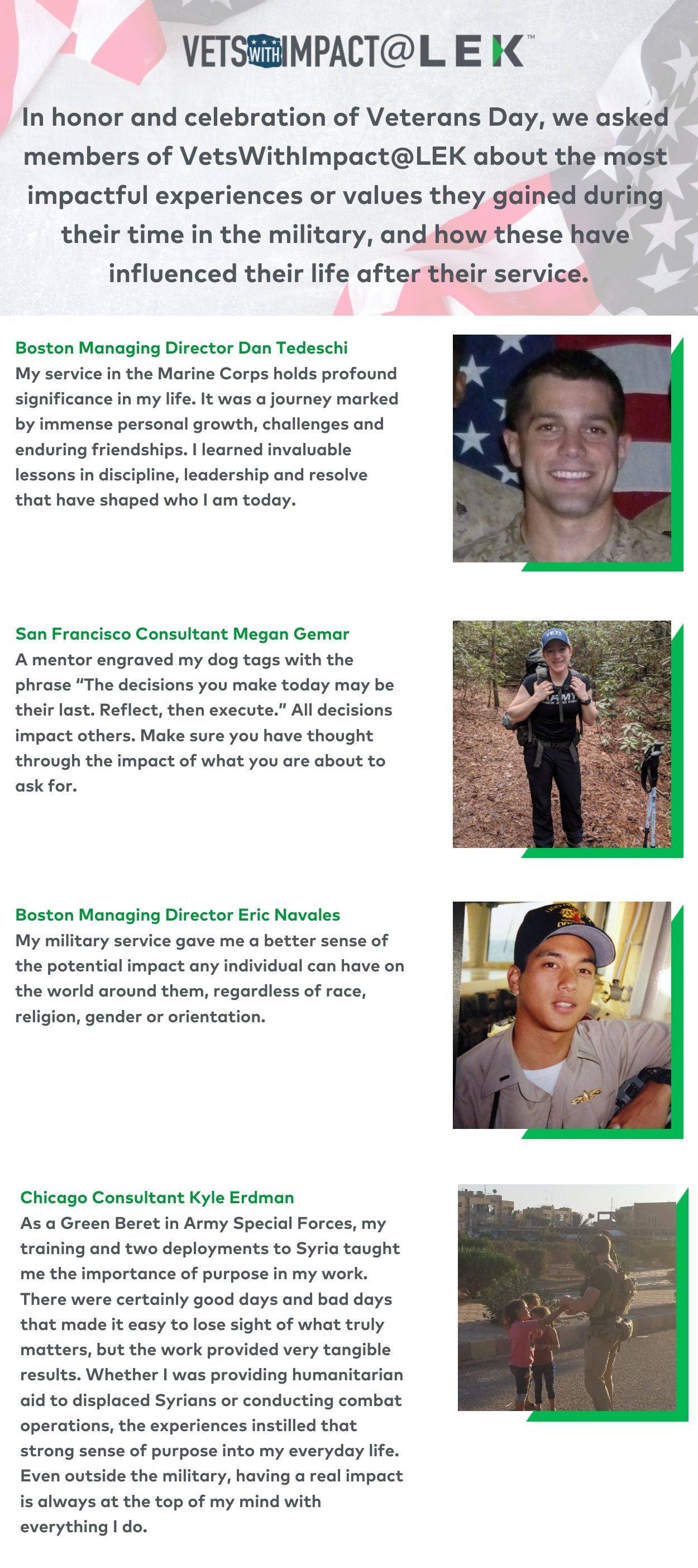L.E.K. Australia held their inaugural Women's Summit, an event that demonstrates our commitment to empowering female leaders in the Australian corporate sphere and beyond. Claire Doolan, executive assistant to Melbourne Partner Natasha Santha at L.E.K. Consulting, played a pivotal role in the project management of the Women's Summit. Here, she gives us insights into the event's themes, presenters, and key takeaways.
Can you describe the L.E.K. Women's Summit and its primary themes and messages?
The Women's Summit was an inaugural event in Australia, focusing on empowering females in the corporate environment. This year our primary theme revolved around redefining power in a feminine context, acknowledging that power doesn't have to conform to traditional, male-oriented structures. The messaging emphasized inclusivity, breaking down barriers and embracing the diverse ways in which women can exert influence within professional settings.
Who were the key moderators and presenters at the Women's Summit, and could you highlight some of their key messages?
Natasha Santha served as the moderator. She gave an amazing introductory speech and steered insightful discussions. Our keynote speaker was Christine Holgate, CEO of Team Global Express, who had a fireside chat with Stephanie Newey, our Australian managing partner. Christine shared a deeply personal account of her experiences, emphasizing the importance of speaking out against abuses of power and fostering a culture of accountability. She spoke about the importance of support from others, but also emphasized how vital it is to find courage from within to speak up against those who abuse their power. Speaking up can empower those who have faced similar experiences to also speak up and prevent the cycle from continuing, whereas remaining silent can allow abusers to perpetuate their conduct.
Holly Ransom, a renowned leadership expert, led a workshop building on Christine's themes. Holly focused on the dynamics of personal and positional power. She talked about how to cultivate external support while building your power by focusing on the four S's — supporter, sage, sponsor and sparring partner. Internally, prioritize reflection by identifying existing role model qualities and defining aspirational role model traits.
What for you personally stood out the most or was your favorite part of the Women's Summit?
A standout moment for me was during Holly's workshop. She delved into the concept of psychological safety within teams and the crucial role it plays in fostering diverse opinions and perspectives. I learned there are four key stages that are essential in establishing psychologically safe spaces: Evaluating if it's safe to belong or if hiding aspects of oneself is necessary; determining if it's safe to learn and admit ignorance; assessing if it's safe to contribute and share opinions; and considering if it's safe to challenge and disagree while maintaining respect. Holly highlighted real-world examples and practical strategies for creating an environment where individuals, regardless of gender, feel safe to express their ideas. It underscored the significance of open discussions and support networks in overcoming challenges.
Why, in your opinion, is it essential to have women's leadership programming at L.E.K.?
In order to identify and remove the barriers women encounter in the corporate sphere, we need open discussion and targeted support. Having women's leadership programs at L.E.K. creates a dedicated space for addressing these challenges, fostering a support network and amplifying the voices of women within the organization. It also serves as a platform to showcase successful women at the top, making their journeys more relatable and achievable for rising leaders. Ultimately, these programs contribute to building a more inclusive organization while promoting diversity in ideas, so team members can comfortably take risks and be vulnerable in the workplace.

